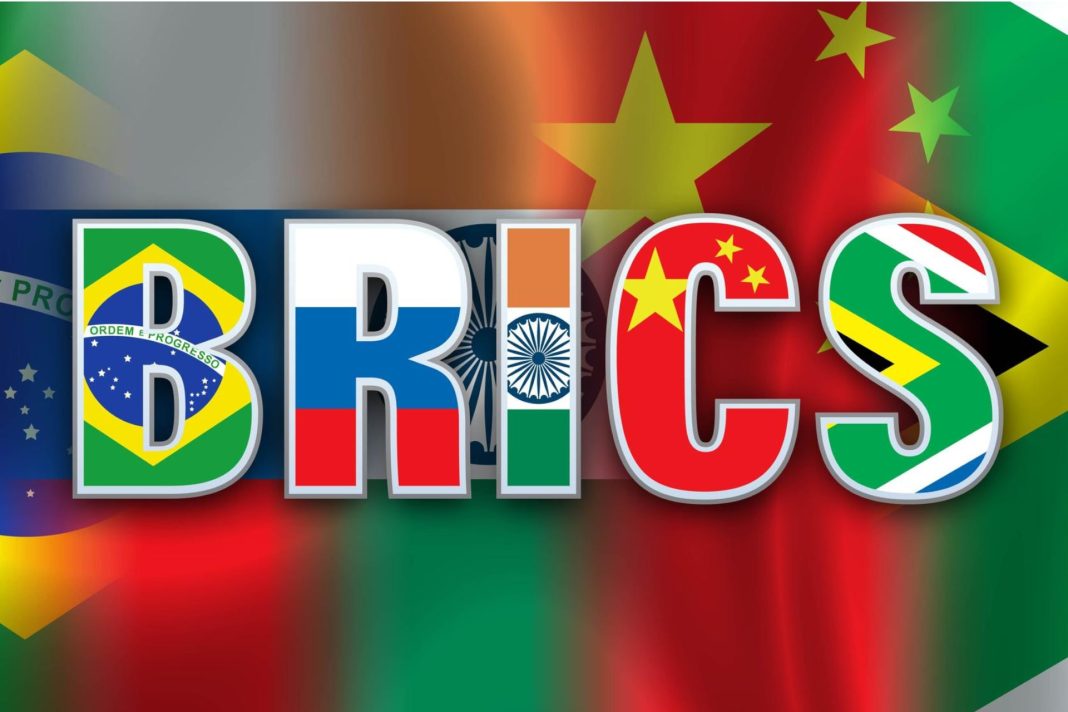Well, if you were hoping for a unified currency among the BRICS member nations, you might want to hold your horses, because Russian officials have made it clear that the bloc is prioritizing investment partnerships instead of currency unification.
Not the top priority
Russian spokesperson Dmitry Peskov put the rumors to rest, stating that BRICS isn’t currently discussing a shared currency, instead, they’re all about creating new investment platforms to boost economic cooperation among member countries.
This comes right after former U.S. President Donald Trump threw down a warning about potential tariffs on BRICS nations if they stray too far from the U.S. dollar.
“BRICS has not and is not discussing the creation of a common currency.”
Peskov emphasized that the focus is on investment rather than currency talk, and mentioned that BRICS wants to develop joint investment platforms that facilitate investments in third countries and enhance mutual investments.
This isn’t just idle chatter, but it’s a serious agenda aimed at strengthening economic ties between the members.
Opposition
BRICS was originally formed in 2006 with Brazil, Russia, India, and China, welcoming South Africa in 2011.
Fast forward to January 2024, and the group has expanded even further with Egypt, Ethiopia, Iran, and the UAE joining the ranks, and Indonesia recently hopped on board too.
Despite this growth and a desire for more economic collaboration, Peskov’s comments confirm that a unified currency isn’t on the table right now.
Speculation about a common currency has been floating around for years, especially as BRICS looks to reduce its dependence on the U.S. dollar for international trade.
While some member nations are keen on financial independence, there’s no consensus on adopting a single currency just yet.
In fact, many countries within BRICS prefer trading in local currencies rather than complicating things with one shared currency.
The dollar is an unreliable weapon now?
Let’s not forget about Russian President Vladimir Putin, as he’s made it clear that while Russia isn’t looking to ditch the U.S. dollar entirely, he’s definitely critical of how Western sanctions use it as a geopolitical tool.
He argues that such actions shake confidence in the dollar’s reliability for global trade and encourage countries to explore alternative financial systems.
Have you read it yet? 15% of PENGU still unclaimed, and time is ticking
Disclosure:This article does not contain investment advice or recommendations. Every investment and trading move involves risk, and readers should conduct their own research when making a decision.
Kriptoworld.com accepts no liability for any errors in the articles or for any financial loss resulting from incorrect information.


